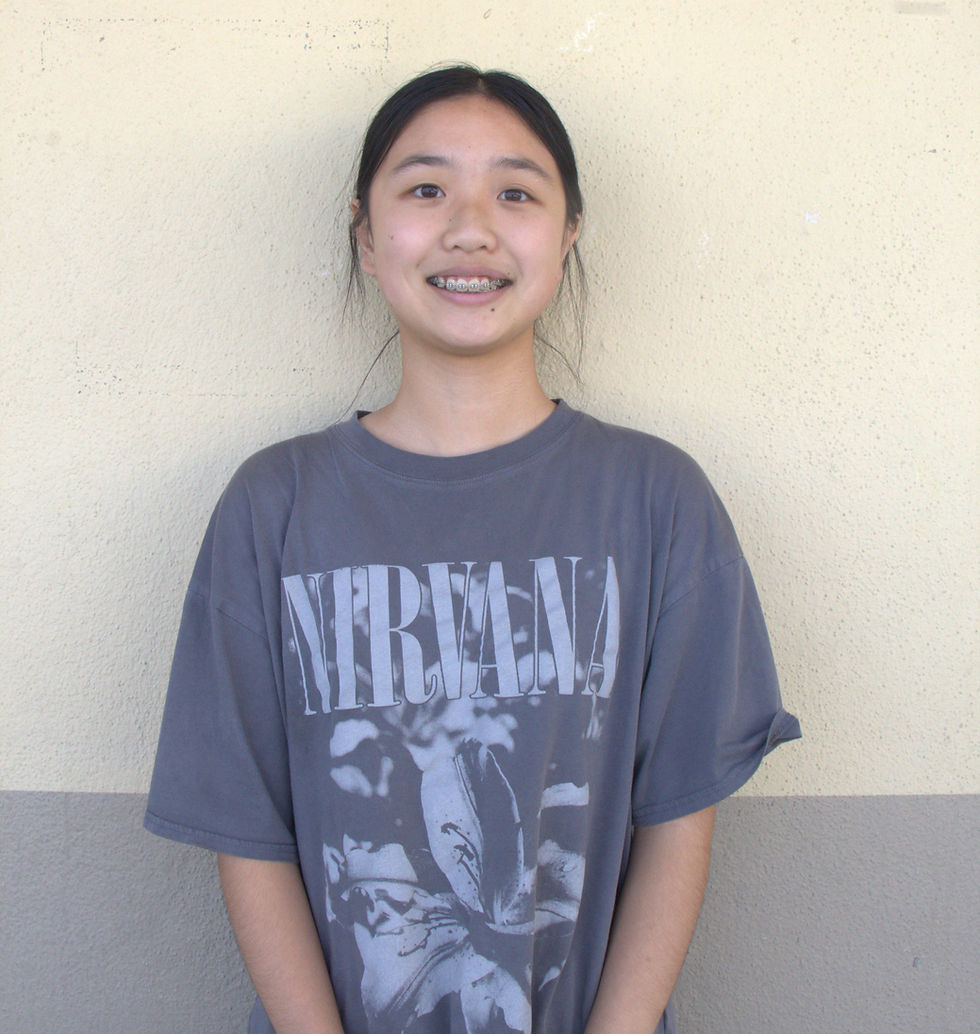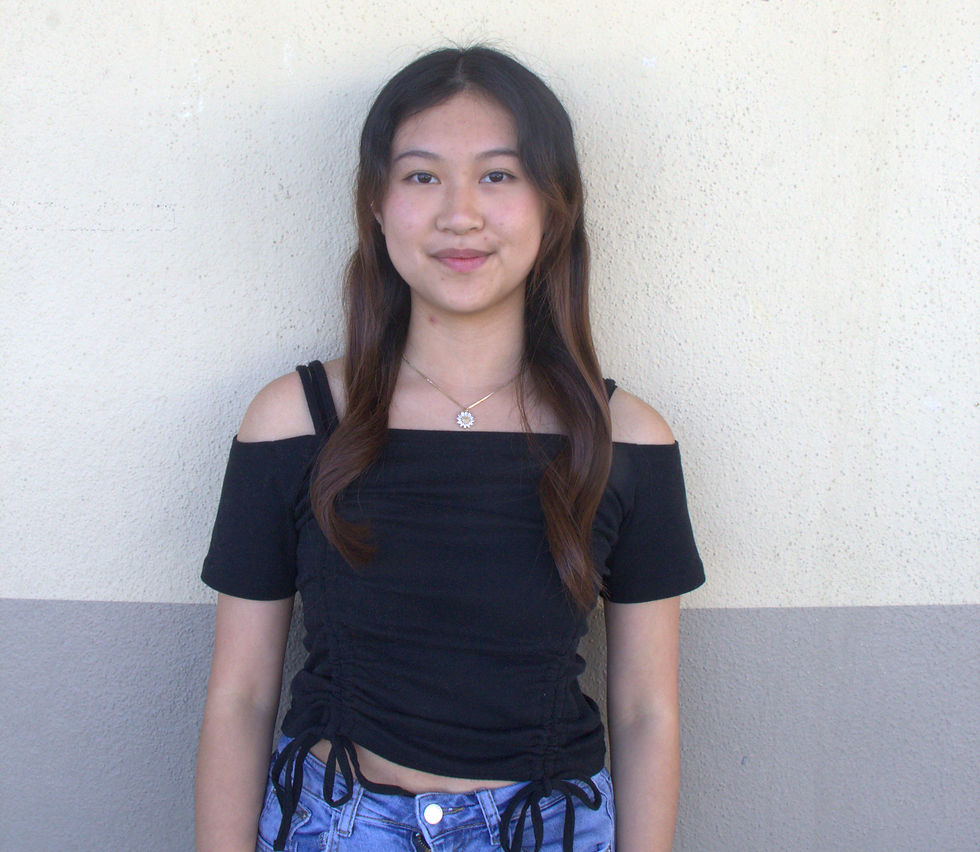Serbia Protests
- Sep 25, 2025
- 3 min read
By Isabella Zhu Sept. 24, 2025
What began as a peaceful march devolved into disorder as protestors clashed against the police’s tear gas and grenades with weapons of their own. Fiery flames of opposition battled against pro-government Special Weapons and Tactics (SWAT) teams, resulting in a chaotic upheaval of screaming, panic and disarray. This image reflects the current reality of Belgrade, the capital of Serbia, where protesters gathered to advocate against the current Serbian government.
Under the leadership of President Aleksander Vucic, the Serbian Progressive Party (SNS) has remained in power for more than 12 years since 2012. Allegedly a parliamentary democracy, the party was formed in 2008 as a split from the preceding Serbian Radical Party. Their erosion of democratic practices has transformed Serbia into a hybrid regime—a political system with elements of both authoritarianism and democracy. Additionally, 2023 reports from the Office for Democratic Institutions and Human Rights (ODIHR) and the Centre for Research, Transparency and Accountability (CRTA) state evidence of vote buying, breaches of voting secrecy and other forms of electoral abuses during SNS’s presidential elections.
The Serbian people have taken up protests to express their concerns regarding the Vucic administration’s corruption, nepotism and negligence. Public dissent skyrocketed when 16 people were killed from the collapse of a railway station in Novi Sad on Nov. 1, 2024. Due to the lack of transparency regarding the cause for the collapse and poor construction quality, protestors argued that the government’s reliance on Chinese-backed infrastructure projects directly compromised public safety.
“The Serbian people’s protests were justified because the Serbian government has long ignored citizens’ needs and denied responsibility for their actions. Civil discourse is a better, safer option than violent protests and public disorder. However, protests do help push for change,” Freshman Alice Gu said.
The protests began in Nov. 2024 as student-led efforts as small groups of university and high school students held peaceful marches throughout school campuses and street roads. They remained peaceful until loyalists of the SNS physically assaulted a group of protestors, catalyzing large-scale riots. Then, in early Aug., a group of youths hurled rocks at SNS’s offices, leading to increased police brutality. As of late Aug., dozens have been injured, while hundreds more have been detained for their defiance. Nevertheless, the protests have amassed support beyond the student body.
“Democracy is supposed to be for the people. When leaders exploit this to stay in power, it becomes a tool of manipulation,” Brian Marchetti, Social Studies Department said.
The protests not only seek accountability and transparency in regime, but also real democracy and justice across systems and law. Protestors are demanding equal access to media, free and fair elections and reformation of the education system, per international media network Al Jazeera.
In response, Vucic accused the protestors of terrorism to justify the announcement of a major crackdown. However, when protests intensified, he switched his tactic to a call for dialogue instead. According to news-media company Euronews, Vucic says he wishes to resolve public rebellion through conversation and confrontation, with the ultimate goal of rebuilding the country and restoring peace. By contrast, global news agency Reuters reported that Vucic’s proposal has been rejected by the opposition, who claim that the president’s rejection of early elections is a definitive sign that he cares more about keeping control rather than restoring justice.
By influencing public perspective and inducing widespread criticism toward the government, ongoing protests have fundamentally changed the pre-election environment. Serbia’s future is still uncertain, as flawed electoral conditions and continued suppression of democratic institutions continue to repress and challenge democracy. Nevertheless, the persistence and scale of the protests present a significant challenge to the government’s legitimacy and highlight the importance of speaking out about government corruption.
The resignation of Serbian prime minister Milos Vucevic in Jan. of 2025 signifies how sustained public pressure can impact political outcomes. The Serbian people’s fight for their rights, equality and freedom of speech demonstrates the power of citizen movements to create change, highlighting the possibility of a future where democratic principles are valued and human rights are upheld with certainty.
About the Contributor

Isabella Zhu
Viewpoint page editor
Isabella Zhu is a sophomore at Leland High School and the Viewpoint page editor for The Charger Account. She enjoys reading books and browsing Netflix in her free time.







Comments